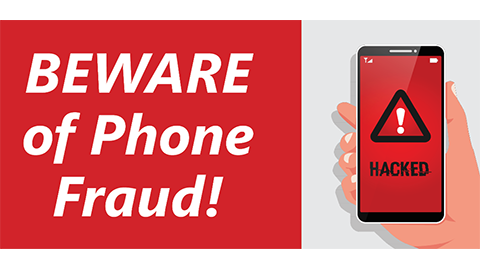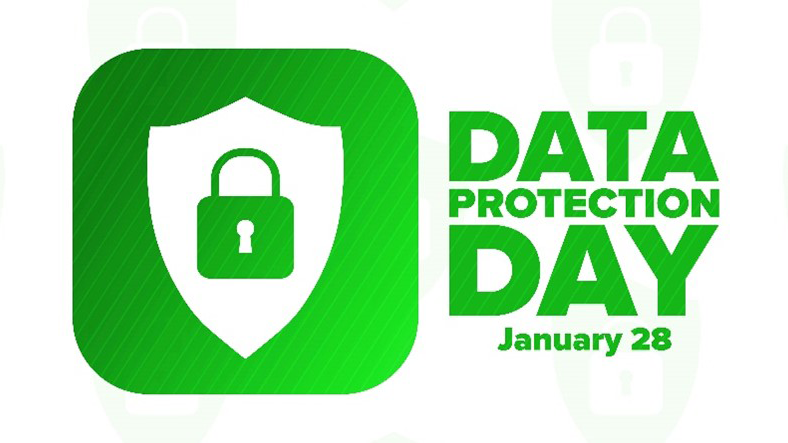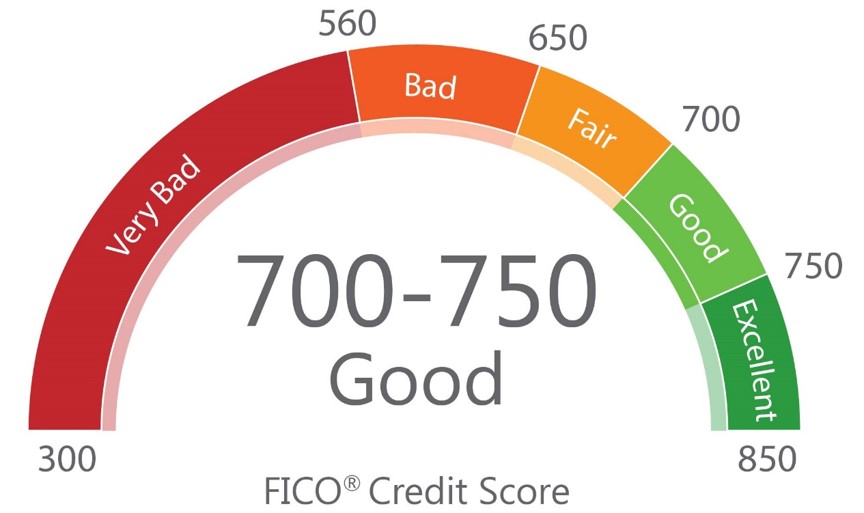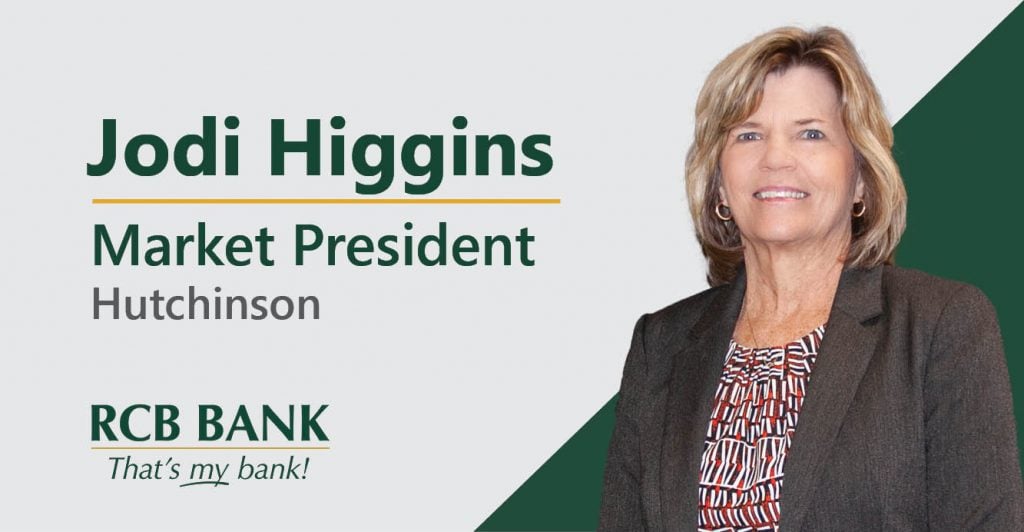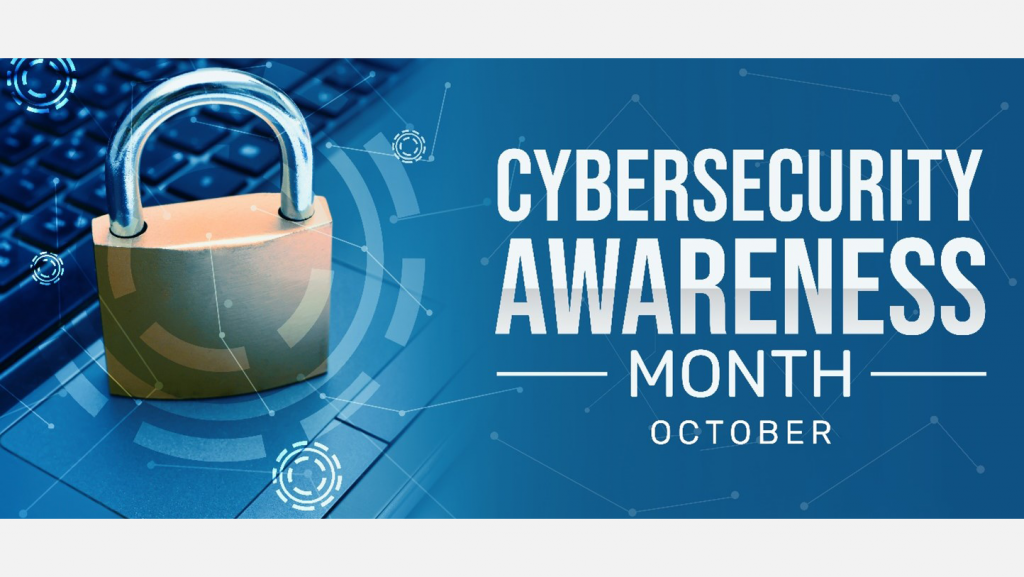
Private Mortgage Insurance, or PMI, is a term that often swirls around the world of homebuying, leaving many prospective homeowners confused about its purpose and implications. Understanding PMI is crucial for anyone looking to purchase a home, as it can affect the overall cost of homeownership.
PMI is typically required by lenders when a homebuyer makes a down payment of less than 20% of the home’s purchase price. It serves as a protection for the lender in case the borrower defaults on their loan. While PMI benefits the lender, it allows buyers to qualify for a mortgage with a lower down payment, making homeownership more accessible to many.
There are a few ways that you can pay the PMI: monthly payment or single upfront payment. The most common method is a monthly premium. In this case, your lender automatically adds PMI to your monthly mortgage payment. This reduces the large upfront payment though monthly payments will be higher. Once the loan-to-value ratio reaches 80%, homeowners can request cancellation of PMI.
If the monthly premium is not an option then there is the upfront premium where the costs are paid in full. In this case, your lender arranges for you to pay PMI when you close on the loan. While it’s an additional closing cost, your monthly mortgage payment will be lower.
There are several ways to avoid or eliminate PMI altogether. Firstly, saving up for a larger down payment can help buyers avoid PMI requirements entirely. Additionally, some lenders offer piggyback loans or lender-paid PMI options, although these may come with their own set of terms and conditions. Check with your potential lender for more information before proceeding.
Understanding the costs and implications of PMI is crucial for prospective homeowners. While it can increase monthly payments, PMI enables many individuals and families to achieve the dream of homeownership sooner rather than later. However, it’s essential to weigh the long-term costs and benefits and explore all available options before committing to a mortgage with PMI.
In conclusion, PMI plays a significant role in the homebuying process, particularly for those with smaller down payments. By demystifying PMI and understanding its implications, prospective homeowners can make informed decisions when navigating the complexities of mortgage financing.
You can contact one of our Mortgage Representatives now to assist you today with lending and PMI!
Opinions expressed above are the personal opinions of the author and meant for generic illustration purposes only. With approved credit. For specific questions regarding your personal lending needs, please call RCB Bank at 855-BANK-RCB. Some restrictions apply. RCB Bank is an Equal Housing Lender NMLS #798151 and Member FDIC.
Sources:
What is Private Mortgage Insurance?. Consumer Financial Protection Bureau. (n.d.). https://www.consumerfinance.gov/ask-cfpb/what-is-private-mortgage-insurance-en-122/
Elem, O. (2023, September 13). PMI Calculator: Mortgage Insurance Calculator. Omni Calculator. https://www.omnicalculator.com/finance/pmi








